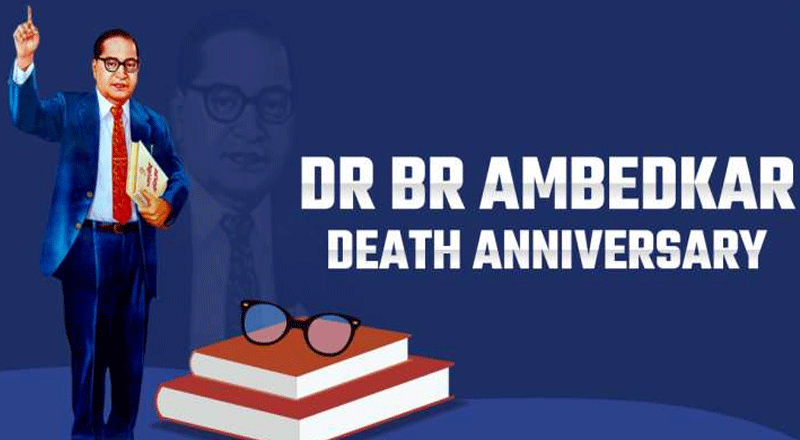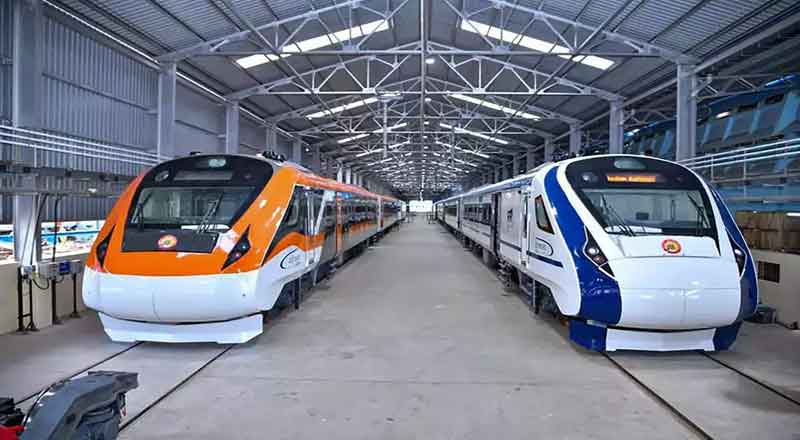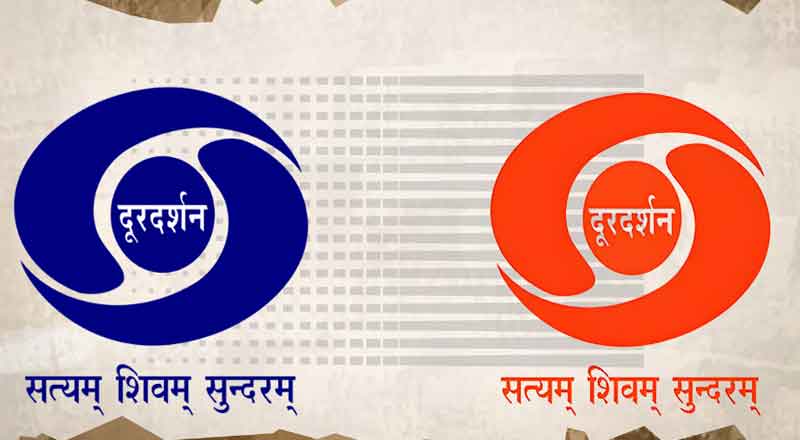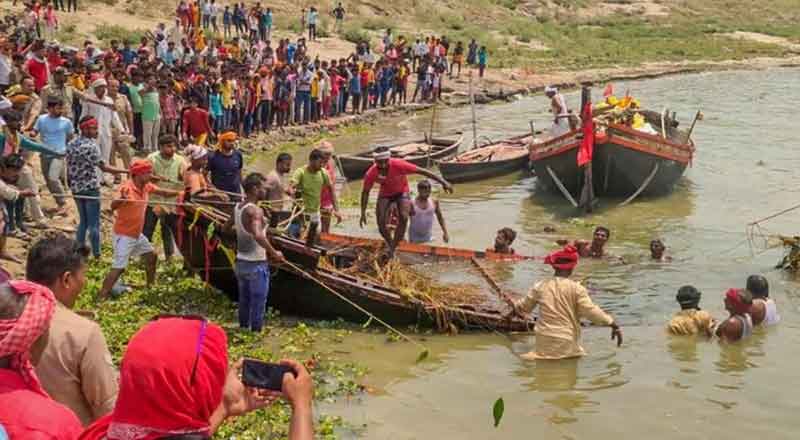Dr BR Ambedkar Death Anniversary: India observes December 6 as Mahaparinirvan Divas to mark the death anniversary of Dr Bhimrao Ramji Ambedkar. Popularly known as Babasaheb Ambedkar, he was the Architect of the Indian Constitution. He was also among the seven members of the drafting committee who prepared a draft of the Constitution of independent India. Babasaheb was a well-known politician and an eminent jurist. Ambedkar’s efforts to eradicate social evils like untouchability and caste restrictions were remarkable.
Born on April 14, 1891, Babasaheb fought for the economic and social empowerment of Dalits in the country, eradicating untouchability and promoting gender equality. Ambedkar’s whole life and mission was a practical contribution to humanistic Buddhist education in India and not just intellectual and philosophical. Though he was not a Buddhist by birth but by practice and at heart he was a Buddhist.
On the death anniversary of Bhimrao Ramji Ambedkar, here are some lesser known facts and Inspiring quotes about the ‘father of the Indian Constitution.’
FACTS
- Born on April 14, 1891 in Madhya Pradesh’s Mhow, Bhimrao Ramji Ambedkar was the fourteenth child of his parents, Bhimabai Sakpal and Ramji. “Sakpal” was the surname of Bhimrao and “Ambavade” was the name of his native village. To avoid the socio-economic discrimination and the ill-treatment of the higher classes of society, he changed his surname from “Sakpal” to “Ambedkar” by the help of a Brahmin teacher.
- Dr. BR Ambedkar is a great scholar, lawyer and freedom fighter along with hundreds of thousands of Mahar’s an untouchable caste, who converted to Buddhism and changed the face of Buddhism in India. Dr. Ambedkar’s conversion was a symbolic protest to the oppression of caste inequality.
- Ambedkar experienced caste discrimination right from the childhood. After his retirement from the Indian Army, Bhimrao’s father settled in Satara in Maharashtra. Bhimrao was enrolled in the local school. Here, he had to sit on the floor in one corner in the classroom and the teachers would not touch his notebooks. Despite all hardships, Bhimrao continued his studies and passed his Matriculation examination from Bombay University with flying colours in 1908.
- In 1913, Bhimrao Ambedkar lost his father. In the same year Maharaja of Baroda awarded scholarship to Bhim Rao Ambedkar and sent him to America for further studies.
- From America, Dr Ambedkar proceeded to London to study economics and political science. The Maharaja also convened many meetings and conferences of the “untouchables” which Bhimrao addressed. In September 1920, after accumulating sufficient funds, Ambedkar went back to London to complete his studies. He became a barrister and got a Doctorate in science.
- In 1947, when India became Independent, the first Prime Minister Pt. Jawaharlal Nehru, invited Dr. Bhimrao Ambedkar, who had been elected as a Member of the Constituent Assembly from Bengal, to join his Cabinet as a Law Minister. The Constituent Assembly entrusted the job of drafting the Constitution to a committee and Dr. Ambedkar was elected as Chairman of this Drafting Committee. In February 1948, Dr. Ambedkar presented the Draft Constitution before the people of India; it was adopted on November 26, 1949.
- In 1950, Ambedkar travelled to Sri Lanka to attend a convention of Buddhist scholars and monks. After his return he decided to write a book on Buddhism and soon, converted himself to Buddhism. Ambedkar founded the Bharatiya Bauddha Mahasabha In 1955. His book “The Buddha and His Dhamma” was published posthumously.
- On May 24, 1956, on the occasion of Buddha Jayanti, he declared in Bombay, that he would adopt Buddhism. On October 14, 1956 he embraced Buddhism along with many of his followers. On same day, Ambedkar organized a public ceremony to convert around five lakh of his supporters into Buddhism.
- Ambedkar travelled to Kathmandu to attend the Fourth World Buddhist Conference. He completed his final manuscript, “The Buddha or Karl Marx” on December 2, 1956. Dr. Ambedkar dedicated himself to the propagation of the Buddhist faith in India. He wrote a book on Buddhism titled “Buddha and His Dhamma”. His another book is “Revolution and Counter Revolution in India”.
FAMOUS QUOTES
- “Freedom of mind is the real freedom. A person whose mind is not free though he may not be in chains, is a slave, not a free man. One whose mind is not free, though he may not be in prison, is a prisoner and not a free man. One whose mind is not free though alive, is no better than dead. Freedom of mind is the proof of one’s existence.”
- “So long as you do not achieve social liberty, whatever freedom is provided by the law is of no avail to you.”
- “I measure the progress of a community by the degree of progress which women have achieved.”
- “A great man is different from an eminent one in that he is ready to be the servant of the society.”
- “I like the religion that teaches liberty, equality and fraternity.”





